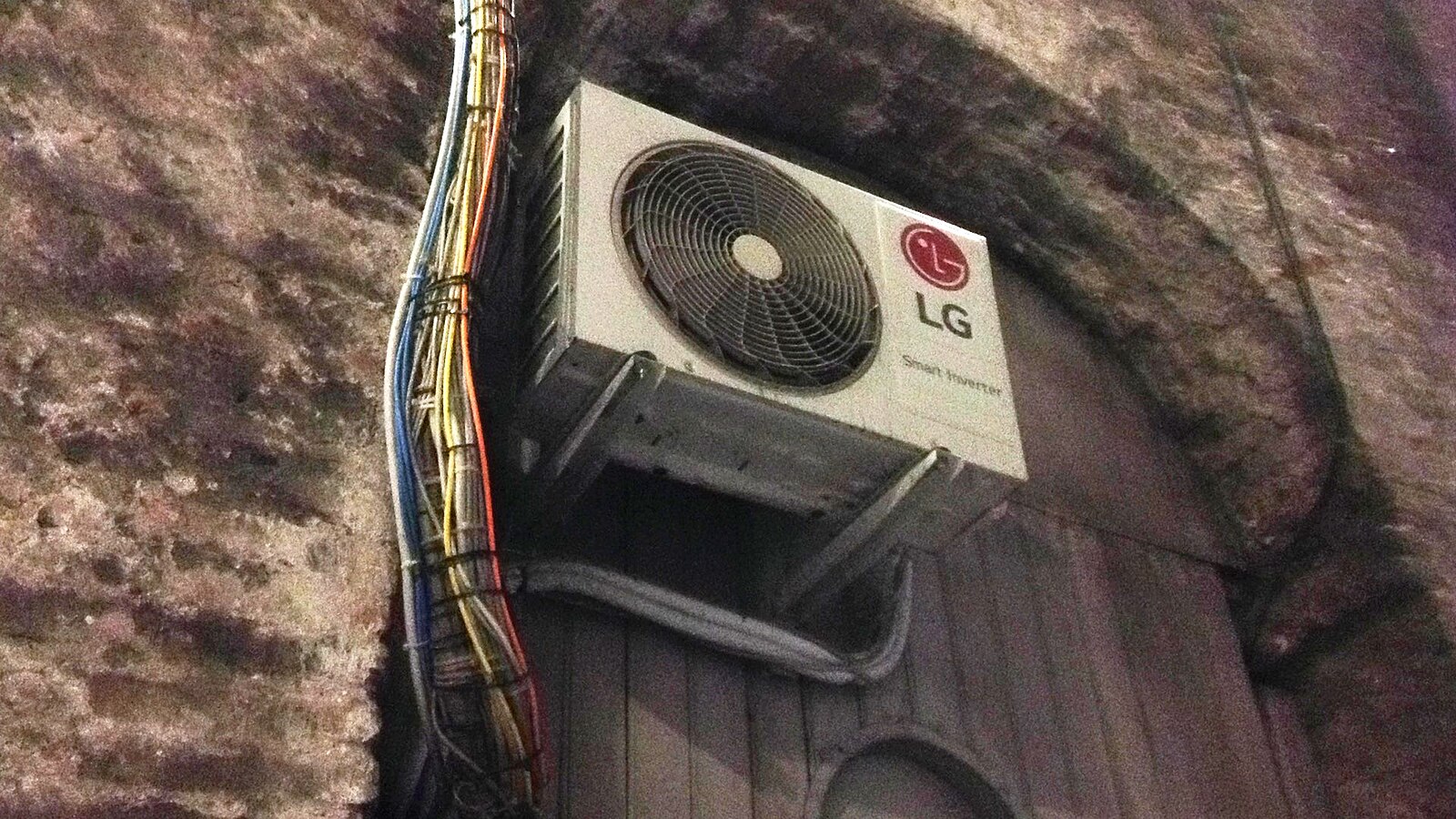When it comes to choosing the right air conditioning (AC) unit for your home, the decision between LG and Trane can be a challenging one. Both brands are known for their quality, performance, and energy efficiency, but there are some key differences that can help you determine which one is the better fit for your needs. In this comprehensive blog post, we’ll dive deep into the technical specifications, features, and performance of LG and Trane AC units to help you make an informed decision.
Energy Efficiency and Inverter Technology
One of the primary factors to consider when comparing LG and Trane AC units is their energy efficiency. LG is renowned for its advanced inverter technology, which allows its units to operate at variable speeds, adjusting their output to match the cooling demand. This results in significant energy savings and improved efficiency.
The LG BS-Q186C8A4 1.5 Ton Inverter Split AC, for example, boasts a remarkable energy efficiency ratio (EER) of 6.0, which is higher than the Trane TSI22DS 2 Ton Inverter Split AC’s EER of 18.5. This means that the LG unit can provide the same cooling capacity while consuming less energy, leading to lower utility bills and a more eco-friendly operation.
Moreover, LG’s inverter technology also contributes to quieter operation, with the LG BS-Q186C8A4 producing a noise level of only 26 dB, compared to the Trane TSI22DS’s 55 dB. This can be a significant advantage for homeowners who value a peaceful indoor environment.
Compressor and Durability
 Image source: LG Ac By Air fans
Image source: LG Ac By Air fans
While LG excels in energy efficiency, Trane is renowned for its exceptional durability and reliability. Trane’s compressors are built with the same high-quality components as their higher-end models, even in their lower SEER (Seasonal Energy Efficiency Ratio) units like the XR14.
Trane’s XV18 and XV20i inverter-driven equipment is considered among the best in the industry, although it may be more complex to install and maintain compared to traditional AC units. The durability of Trane’s compressors is a testament to their engineering prowess, ensuring long-lasting performance and minimal maintenance requirements.
Warranty and Pricing
When it comes to warranties, both LG and Trane offer competitive coverage. LG provides a 10-year parts warranty and a 5-year labor warranty, while Trane offers a 12-year compressor warranty and a 10-year parts warranty. This can provide peace of mind for homeowners, knowing that their investment is protected.
In terms of pricing, LG generally has a more affordable price range compared to Trane. The LG BS-Q186C8A4 1.5 Ton Inverter Split AC typically falls within the $1,500 to $2,500 range, while the Trane TSI22DS 2 Ton Inverter Split AC can cost between $3,000 to $5,000. This price difference can be a significant factor for homeowners on a budget.
Installation and Maintenance
When it comes to installation and maintenance, both LG and Trane AC units require the expertise of a licensed HVAC technician. However, there are some differences to consider.
LG’s inverter technology, while highly efficient, may require more specialized knowledge and tools for proper installation and troubleshooting. Trane’s traditional AC units, on the other hand, may be more straightforward for experienced HVAC professionals to work with.
In terms of maintenance, both brands recommend regular servicing, including cleaning the air filters, checking refrigerant levels, and inspecting the electrical components. Trane’s units may require slightly more complex maintenance procedures due to their advanced compressor technology, but with proper care, both LG and Trane AC units can provide reliable performance for years to come.
Conclusion
In the battle of LG vs. Trane, there is no clear-cut winner, as both brands offer exceptional quality and performance. The decision ultimately comes down to your specific needs and preferences.
If energy efficiency and quiet operation are your top priorities, LG’s advanced inverter technology may be the better choice. However, if you value long-term durability and reliability, Trane’s reputation for robust compressors and comprehensive warranties may be more appealing.
Ultimately, it’s essential to carefully consider your home’s cooling requirements, energy efficiency goals, and budget to determine which AC unit best suits your needs. Consulting with a reputable HVAC professional can also help you make an informed decision and ensure a seamless installation and ongoing maintenance.
Remember, investing in a high-quality AC unit can not only improve your home’s comfort but also contribute to long-term energy savings and a more sustainable living environment.
